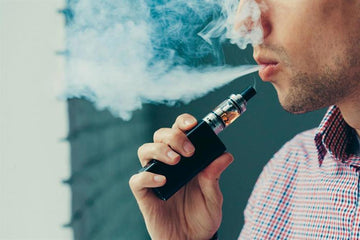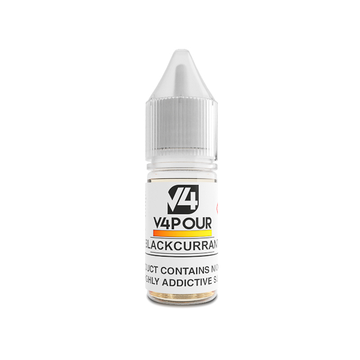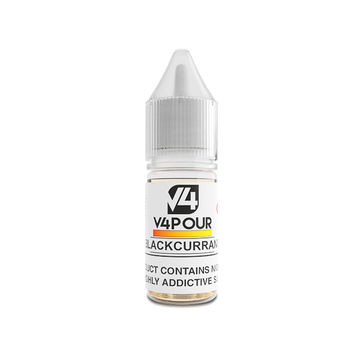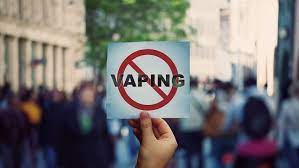Introduction
The vaping industry in the UK is on the cusp of a significant transformation as regulatory authorities announce plans to ban disposable vapes. This sweeping change is driven by concerns about environmental impact, youth access, and product safety. In this in-depth blog, we delve into the impending ban on disposable vapes in the UK, exploring its rationale, implications, and the broader context of vaping regulation.
Understanding the Disposable Vape Ban
Disposable vapes, often referred to as "single-use" or "closed-system" vapes, have gained popularity due to their convenience and ease of use. These devices come pre-filled with e-liquid and are discarded after the e-liquid is depleted or the battery is exhausted. However, despite their convenience, disposable vapes have raised significant concerns, prompting UK authorities to take action.
Rationale Behind the Ban
-
Environmental Impact: Disposable vapes contribute to the growing problem of electronic waste. The UK's commitment to reducing single-use plastics aligns with the decision to ban these devices, as they contribute to pollution and harm the environment.
-
Youth Access: Disposable vapes have come under scrutiny for their appeal to younger demographics. Their discreet design and flavored e-liquids have raised concerns about attracting non-smokers and minors to vaping, potentially leading to nicotine addiction.
-
Lack of Regulation: Unlike refillable vaping devices, disposable vapes are often less regulated and monitored. This lack of oversight can lead to variations in quality, safety, and consistency of ingredients, raising health concerns among consumers.
The Path Forward
The UK government's decision to ban disposable vapes is a proactive step towards addressing these concerns and creating a safer vaping landscape.
1. Transition to Refillables: As disposable vapes phase out, users are encouraged to transition to refillable devices. Refillable systems offer more control over e-liquid choice, nicotine strength, and reduced waste, making them a more sustainable and versatile option.
2. Impact on the Industry: Vape manufacturers will need to pivot their strategies to focus on producing refillable devices and promoting responsible vaping. This shift aligns with the industry's commitment to harm reduction and aligning with broader environmental goals.
3. Youth Prevention Efforts: The ban aligns with efforts to curb youth access to vaping products. Stricter regulations on flavored e-liquids and marketing targeting young audiences will work in tandem with the disposable vape ban to reduce the appeal of vaping to minors.
4. Environmental Benefits: The ban on disposable vapes is expected to have a positive impact on the environment by reducing electronic waste. This aligns with the UK's broader goals of achieving sustainability and minimizing plastic pollution.
5. Public Health: By regulating vaping products more effectively, the government aims to ensure product safety and reduce the potential risks associated with unknown or substandard ingredients.
Conclusion
The forthcoming ban on disposable vapes in the UK marks a turning point in the vaping industry's evolution. Driven by concerns over environmental sustainability, youth access, and product safety, this decision reflects a commitment to creating a safer, more responsible vaping landscape.
As the ban takes effect, vapers, manufacturers, and retailers must adapt to the new reality. Transitioning to refillable devices, aligning with youth prevention efforts, and embracing sustainable practices are essential steps in ensuring a smooth transition.
By staying informed, supporting responsible regulation, and choosing vaping alternatives that prioritize both personal well-being and environmental health, stakeholders can contribute to a positive and impactful transformation of the UK vaping industry.































